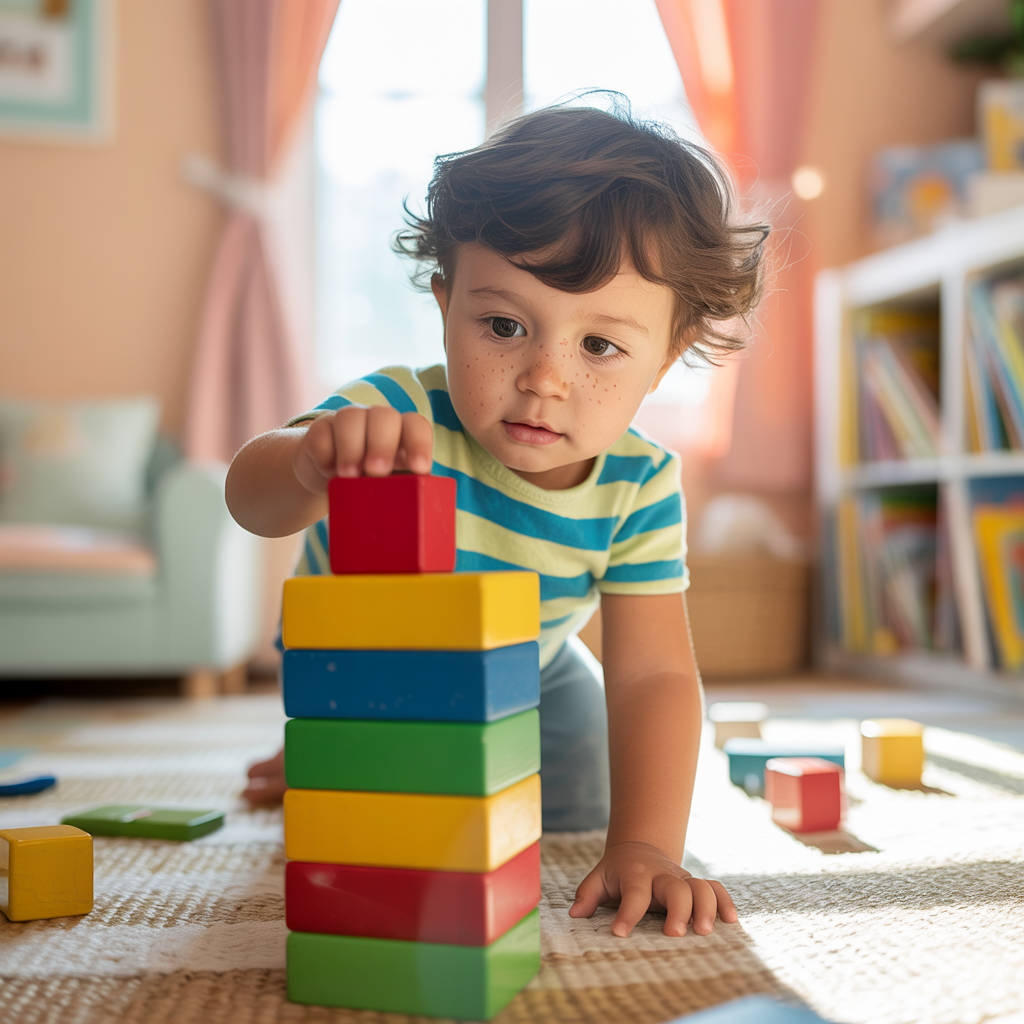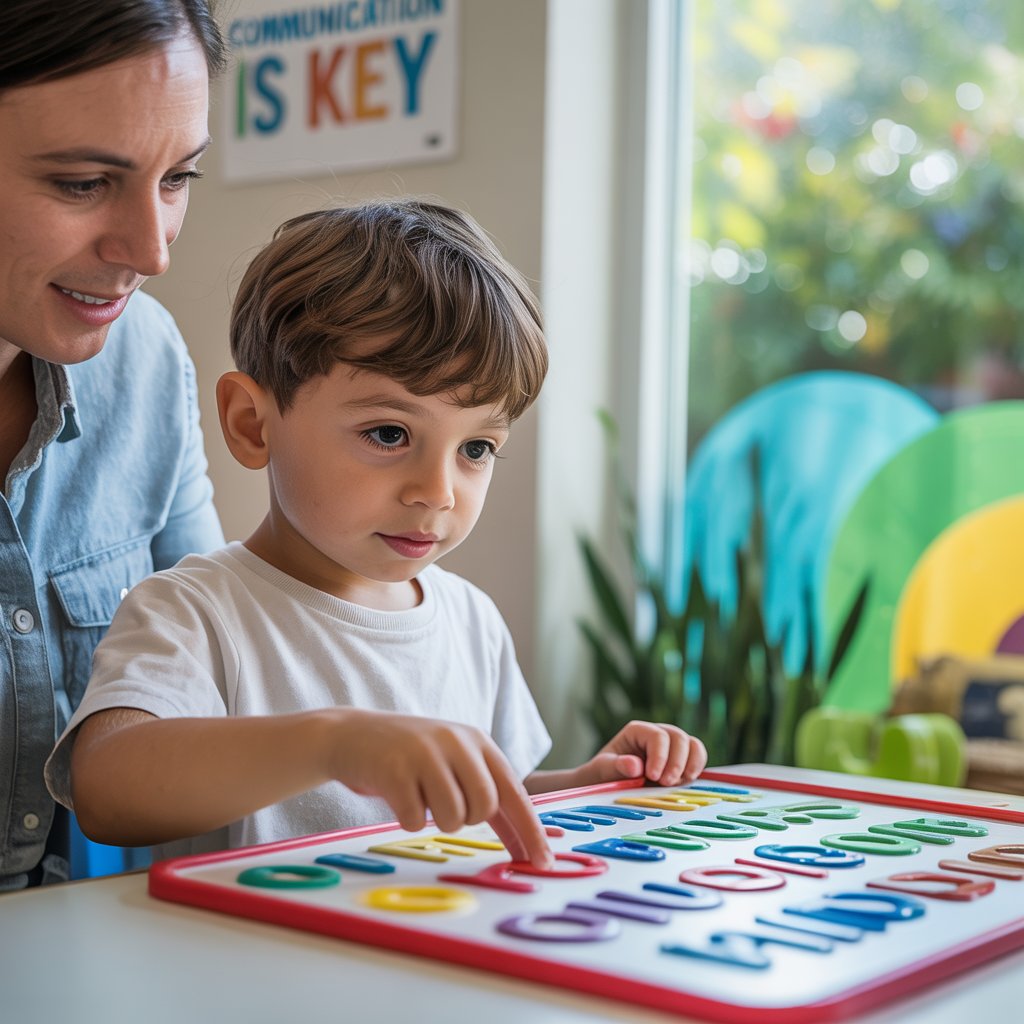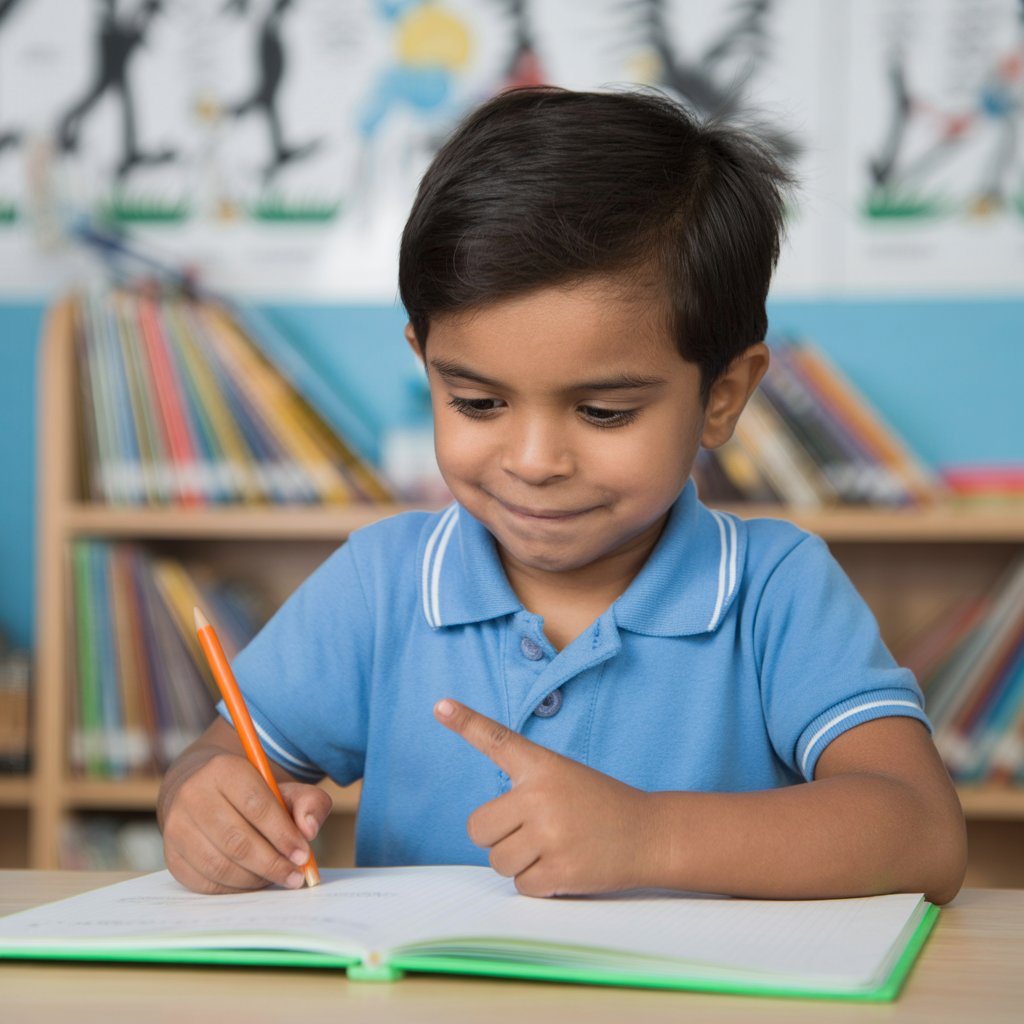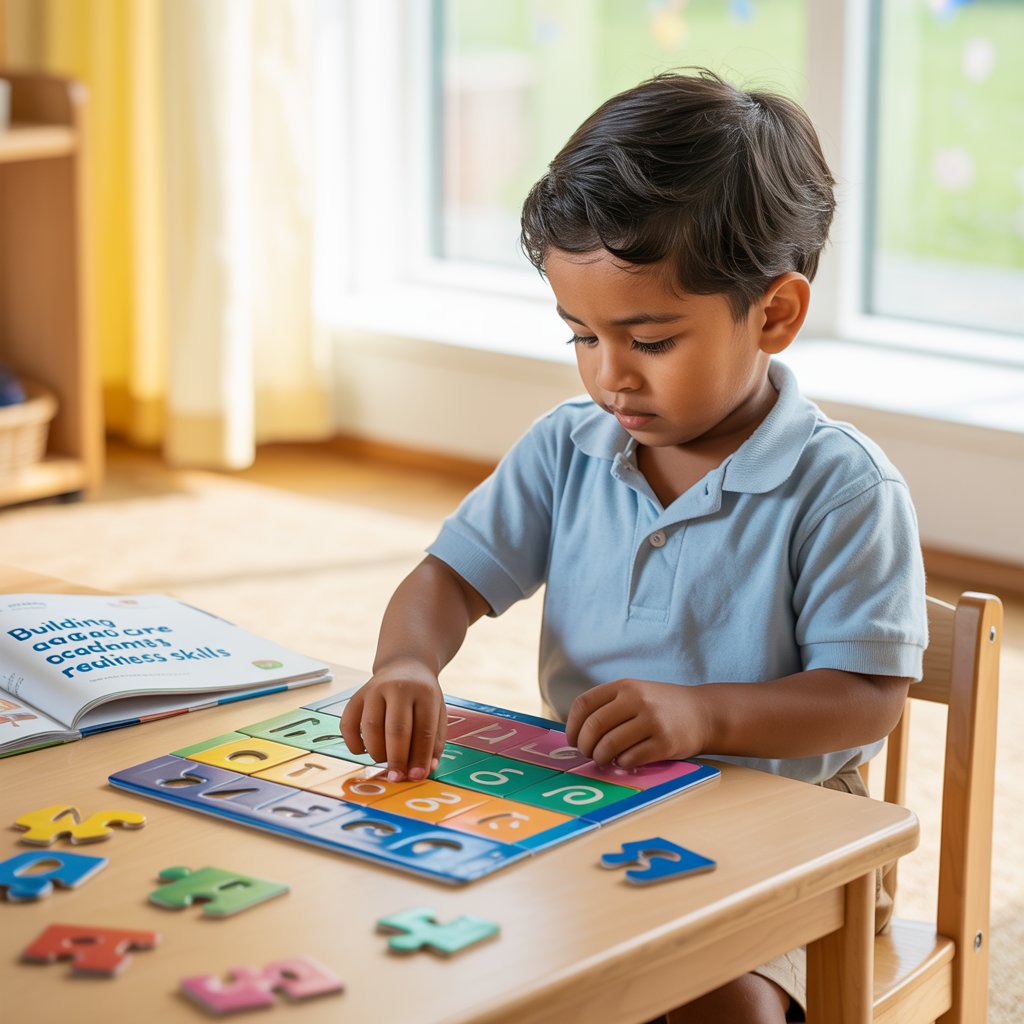The Impact of Sensory Processing Issues on child development

Imagine trying to have a conversation while someone's blasting heavy metal music, flashing strobe lights in your face, and poking your arm. Pretty impossible, right? That's daily life for many autistic individuals with sensory processing disorder.
When sensory information becomes overwhelming, social interactions take a massive hit. Many kids withdraw completely or miss critical social cues because they're busy managing sensory overload. Eye contact—already challenging for many autistic people—becomes even harder when visual processing is dysregulated.
Communication suffers too. Some children become completely nonverbal during sensory overload. Others might speak less, use shorter sentences, or struggle to find words. And think about this: how can you focus on what someone's saying when the tag in your shirt feels like sandpaper against your skin?
Influence on behavior and emotional regulation
The meltdowns aren't tantrums—they're responses to a world that feels physically painful.
When sensory systems go haywire, behavior often follows suit. You might see:
- Sudden emotional outbursts that seem to come from nowhere
- Repetitive movements (stimming) to self-regulate
- Avoidance of certain environments or activities
- Self-injurious behaviors in extreme cases
For many autistic kids, emotions become magnified through sensory experiences. A slight discomfort might feel like unbearable pain. A minor disappointment can trigger overwhelming sadness because the nervous system is already maxed out.
The unpredictability makes everything harder. A sound that was tolerable yesterday might be excruciating today. This inconsistency makes emotional regulation a moving target.

Academic and learning challenges related to sensory processing
The classroom can be a sensory nightmare. Fluorescent lights buzzing overhead. Twenty-plus kids generating constant noise. The smell of lunch lingering in the air. The scratchy feel of certain school supplies.
No wonder many autistic students struggle academically—they're fighting sensory battles while trying to learn fractions.
Common challenges include:
- Difficulty filtering out background noise to focus on the teacher
- Distraction from visual stimuli (posters, moving objects, other students)
- Physical discomfort from sitting in standard classroom chairs
- Trouble with handwriting due to proprioceptive issues
- Anxiety about unpredictable sensory experiences (fire drills, assemblies)
Many brilliant minds get overlooked because sensory barriers prevent them from demonstrating their knowledge in traditional ways.
Long-term developmental considerations
Sensory processing issues don't magically disappear with age. Without appropriate support, they can shape development in profound ways.
Over time, many autistic individuals develop compensatory strategies—some helpful, some potentially limiting. A child who avoids social situations because of sensory overwhelm might miss crucial developmental milestones in building relationships.
The cumulative stress takes a toll physically and emotionally. Chronic anxiety and stress responses can affect everything from immune function to sleep patterns.
But here's the hopeful part: with the right accommodations and supports, these challenges can be significantly reduced. Sensory-friendly environments, occupational therapy, and assistive technologies can open doors that once seemed permanently closed.
Understanding the sensory pieces of the puzzle allows us to create paths toward development that honor neurodivergent experiences rather than fighting against them.







